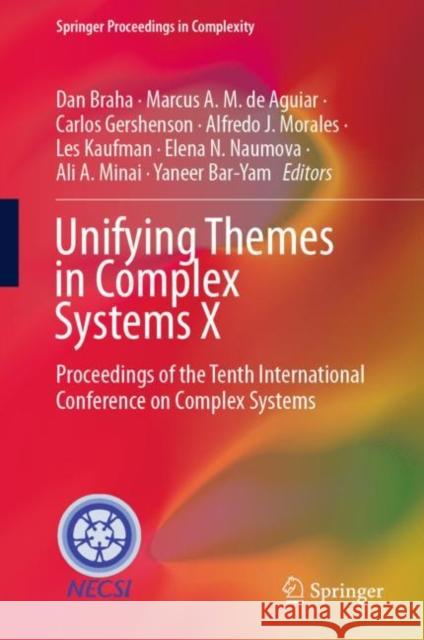Unifying Themes in Complex Systems X: Proceedings of the Tenth International Conference on Complex Systems » książka
topmenu
Unifying Themes in Complex Systems X: Proceedings of the Tenth International Conference on Complex Systems
ISBN-13: 9783030673178 / Angielski / Twarda / 2021 / 444 str.
Unifying Themes in Complex Systems X: Proceedings of the Tenth International Conference on Complex Systems
ISBN-13: 9783030673178 / Angielski / Twarda / 2021 / 444 str.
cena 603,81
(netto: 575,06 VAT: 5%)
Najniższa cena z 30 dni: 578,30
(netto: 575,06 VAT: 5%)
Najniższa cena z 30 dni: 578,30
Termin realizacji zamówienia:
ok. 16-18 dni roboczych.
ok. 16-18 dni roboczych.
Darmowa dostawa!
Kategorie:
Kategorie BISAC:
Wydawca:
Springer
Seria wydawnicza:
Język:
Angielski
ISBN-13:
9783030673178
Rok wydania:
2021
Wydanie:
2021
Numer serii:
000463532
Ilość stron:
444
Waga:
0.90 kg
Wymiary:
23.88 x 19.56 x 2.54
Oprawa:
Twarda
Wolumenów:
01











